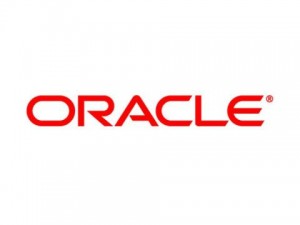 Oracle recently became the latest software maker to say it will stop developing applications for Intel Itanium microprocessors, following a similar announcement by Microsoft last year and Red Hat the year before.
Oracle recently became the latest software maker to say it will stop developing applications for Intel Itanium microprocessors, following a similar announcement by Microsoft last year and Red Hat the year before.
“After multiple conversations with Intel senior management, Oracle has decided to discontinue all software development on the Intel Itanium microprocessor,” Oracle said in a statement late Tuesday. “Intel management made it clear that their strategic focus is on their x86 microprocessor and that Itanium was nearing the end of its life,” the company added.
Nick Jacobs, a spokesman for Intel in Singapore, said the company “remains committed to Itanium.”
The loss of Oracle, one of the world’s biggest makers of enterprise software, is a blow to Itanium. The chip has an architecture different from Intel’s mainstay x86-architecture, and companies have to write software code specifically for a chip architecture.
Microsoft said it planned to phase out software development for Itanium last April, just prior to the launch of Intel’s Xeon 7500 chips. The Xeon 7500 series, which are x86-architecture chips, were the first Xeon chips to include high-end reliability features that Intel once reserved for Itanium, analysts said at the time, speculating that Microsoft simply no longer saw a reason to support Itanium once those features were installed in Xeon.
Red Hat dumped Itanium software development in late 2009.
Hewlett-Packard, which Oracle has battled with publicly over the past several months, is one of the major IT companies committed to Itanium-based servers. HP blocked a move by Oracle last year to subpoena its new CEO, Leo Apotheker, to appear in an Oracle versus SAP trial over alleged theft of software. Oracle, which won a US$1.3 billion verdict in the trial, had wanted Apotheker, former CEO of SAP, to testify at the trial.
SAP has asked a judge to reduce the size of the award.
Oracle said it will continue to provide support for existing customers of Oracle software that run on Itanium.





